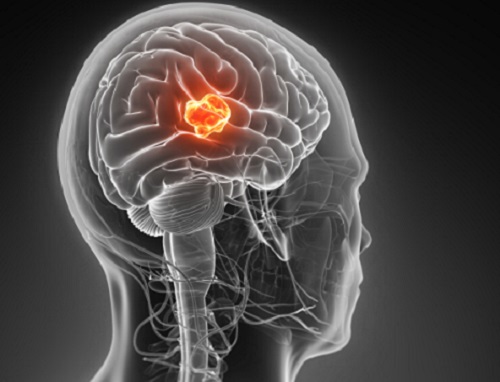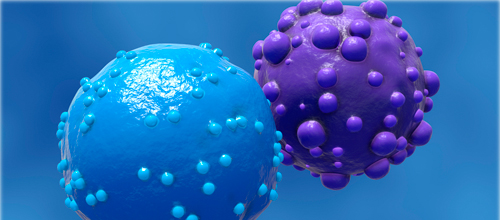December 1, 2016 (Blood)
“Chimeric antigen receptors (CARs) are fusion proteins that combine antigen-recognition domains and T-cell signaling domains.”
T cells harvested from patients’ blood and re-engineered to express CARs aimed against the B-cell antigen CD19 can lead to remissions in patients with B-cell lymphoma. Most of the CARs in clinical use consist of components taken from murine antibodies. It is possible that immune responses may be directed at these murine components of CARs which ultimately may limit the power of CAR T cells. However, the development of “fully-human CARs” may be capable of hindering immune responses against CAR T cells.
In this study, the research team created the first fully-human anti-CD19 CAR (HuCAR-19). The method consisted of a phase 1 dose-escalation trial conducted with a main goal to assess the safety of HuCAR-19. A secondary goal was to measure the anti-lymphoma efficacy. First, low-dose chemo was given before HuCAR-19 infusion for enhancement of the CAR T-cell activity. Patients who still had lingering lymphoma were able to receive more treatments, given that dose-limiting toxicities were not present.
Thus far, the findings from the trial presented an 86% overall response rate observing 9 patients who received HuCAR-19 T-cell infusions, 2 of whom received two infusion each. While toxicities were reported in patients, one patient having significant neurological toxicity, all have since completely resolved in all patients.
In this study, one patient’s tumor biopsies uncovered a total loss of CD19 expression by malignant cells following two HuCAR-19 T-cell infusions. According to the scientists, this was the first documented case of complete loss of CD19 expression. HuCAR-19 was able to be detected in the blood of all patients after first CAR-19 T-cells infusions.
The conclusion of the study is that T cells that express HuCAR-19 have significant activity against advanced-staged lymphoma and there are reversible toxicities of HuCAR-19 T-cell infusions in patients receiving them.




